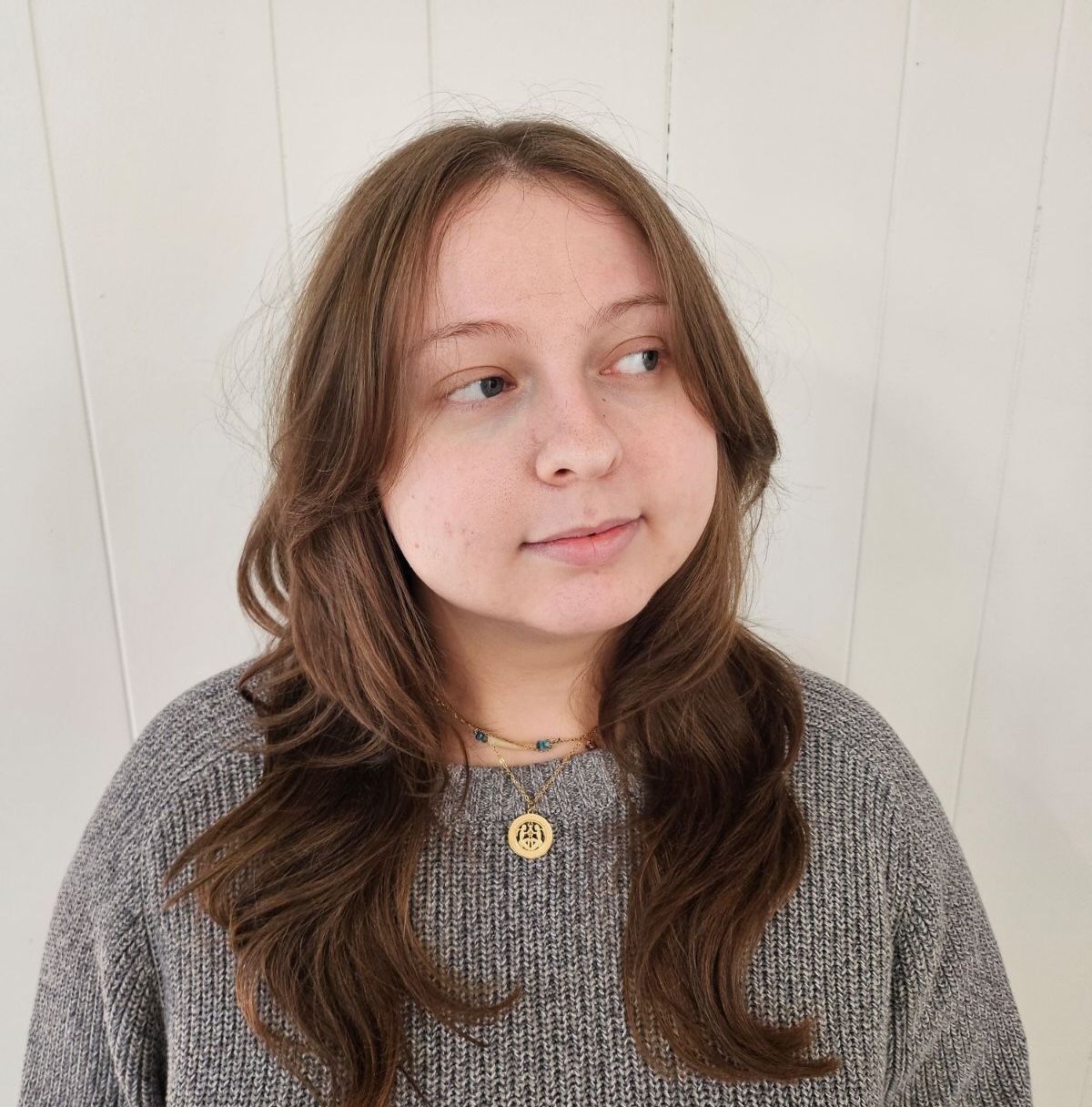“Wait, why are we doing this again?” Cultural humility approaches to metadata remediation
A common problem uniting digital library projects is messy, legacy metadata. Multitudes of presentations, papers, and posters detail how one has waded through the morass, cleaning metadata until it is usable in its new context. But how does one choose the methods or tools for these processes? What steps do we need to take before? I argue in this presentation that understanding and developing one’s methodological framework for metadata projects is just as key as the technical interventions used for them. Drawing from my background in critical cataloging and Indigenous Studies, I utilize cultural humility and Indigenous knowledge organization as frameworks to approach the updating of 20 years worth of legacy digital preservation metadata at the University of Texas Libraries (UTL). Each step of the project is examined through this lens, from creating a minimum metadata standard and new controlled vocabularies to metadata remediation and documentation. These efforts improve the content in a collaborative, reciprocal way by ensuring acceptance and persistence of metadata revisions, creating a tailored system for users, and addressing the impossibility of remediating all items at once. The mutual respect that these frameworks provide remind us why we work the way we do: for each other.
